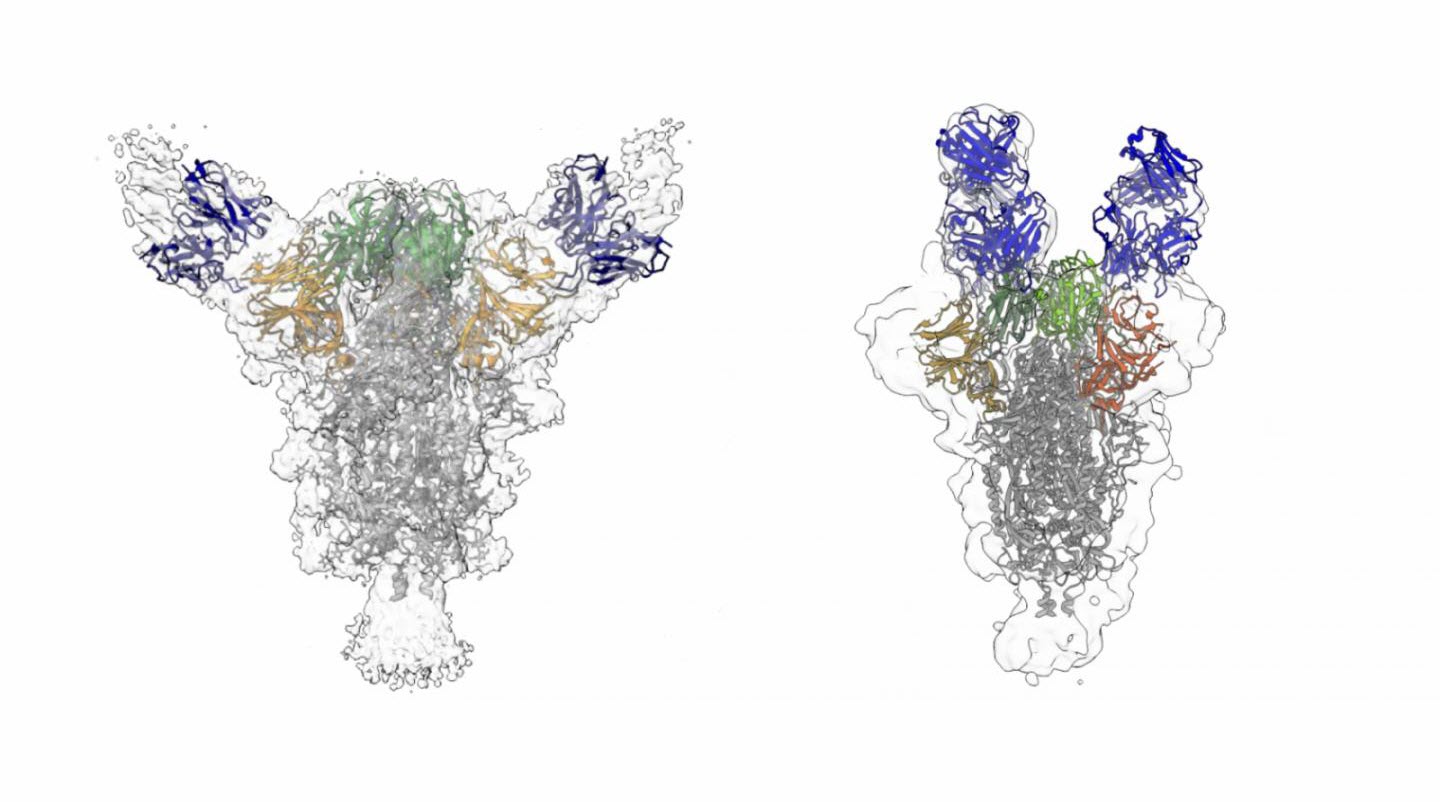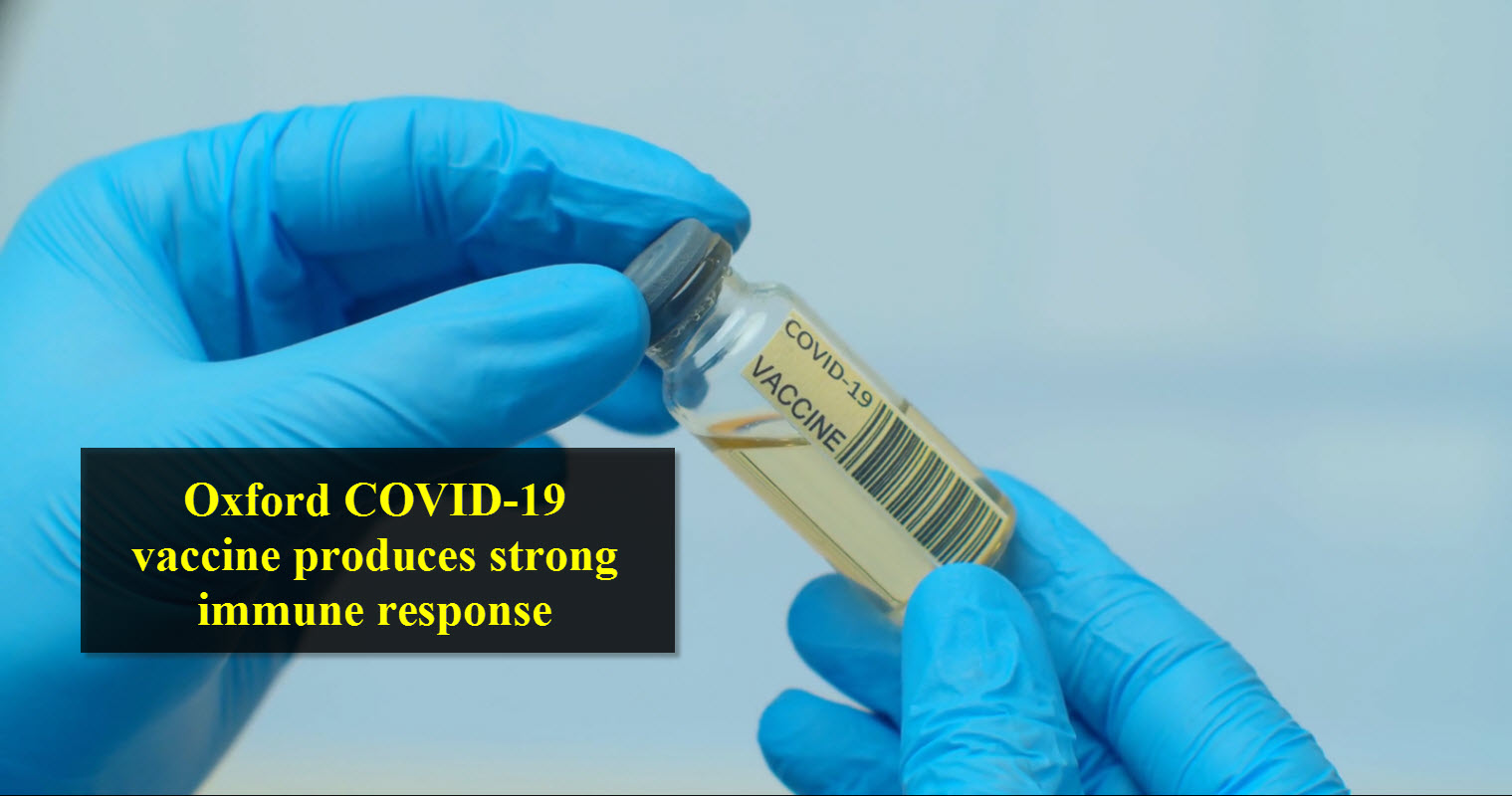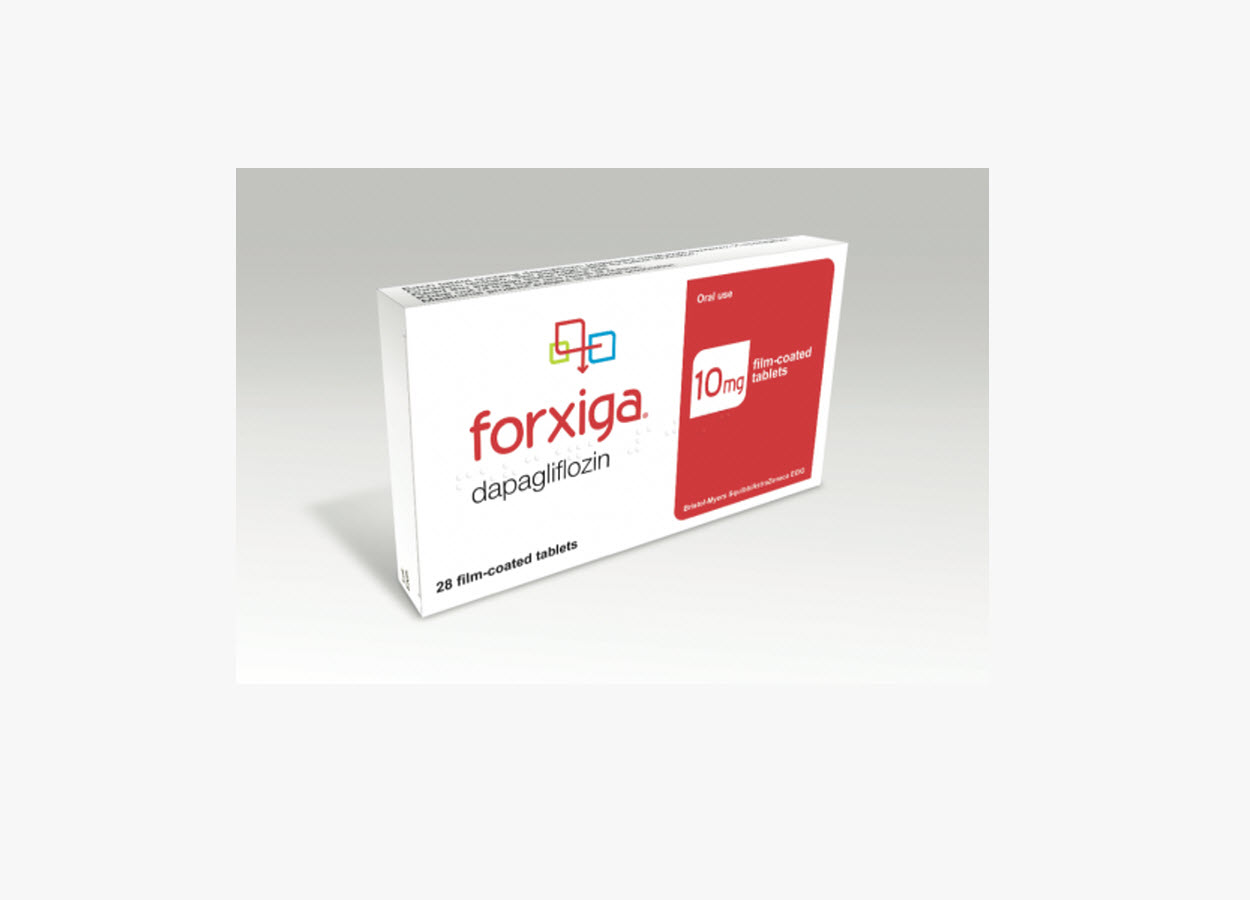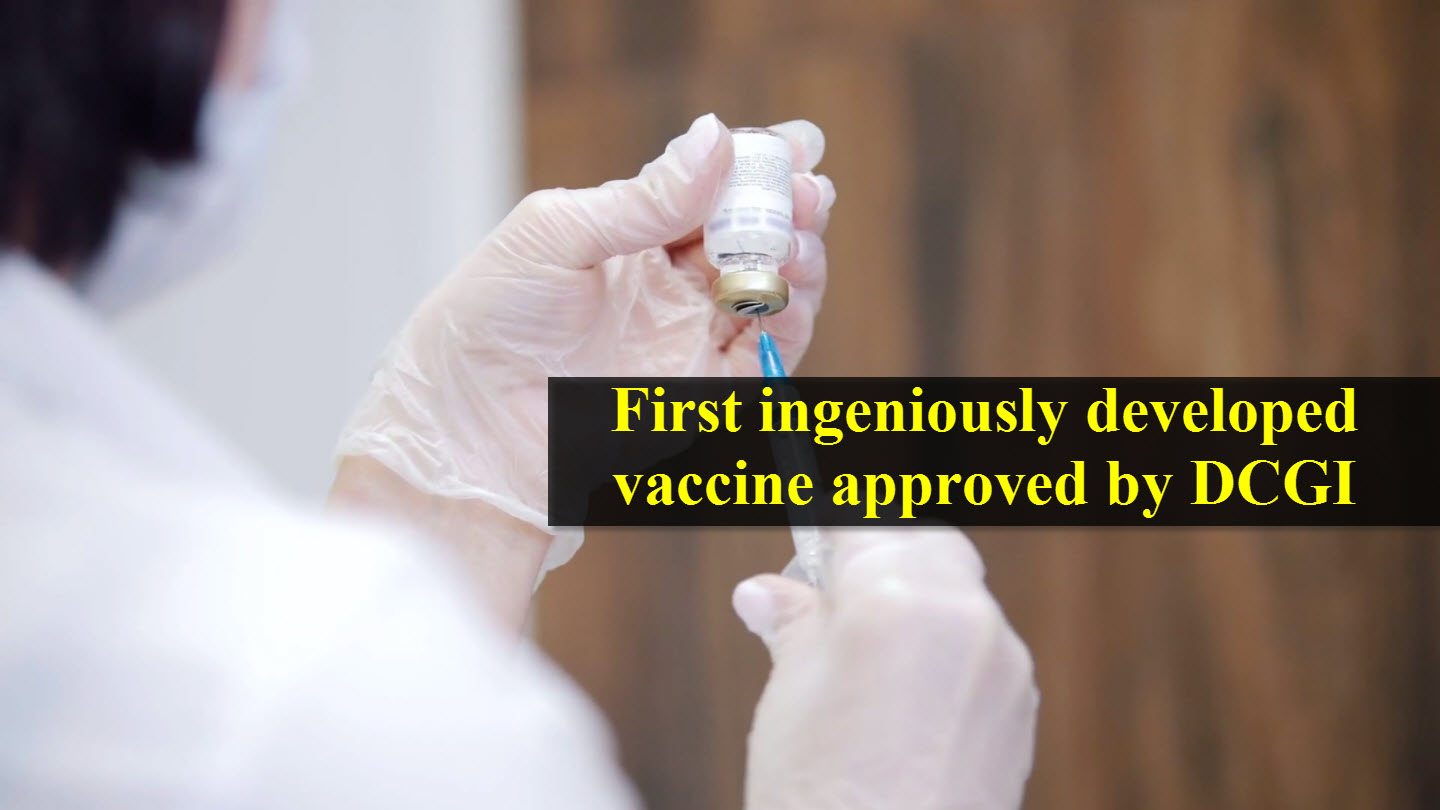
IMAGE: Cryo-EM reconstructions show how two different antibodies (blue) bind to the spike protein of the SARS-CoV-2 virus.
Get the latest news from world and India’s leading pharmaceutical companies Pharma Industry, pharmaceutical marketing, generic drugs, and Complete news for Pharmacy and Life Sciences professionals.

IMAGE: Cryo-EM reconstructions show how two different antibodies (blue) bind to the spike protein of the SARS-CoV-2 virus.

The results of the Phase I/II trial published in the scientific journal, The Lancet, indicate no early safety concerns and induces strong immune responses in both parts of the immune system.

AstraZeneca has been granted Fast Track Designation in the US for the development of Farxiga (dapagliflozin) to reduce the risk of hospitalisation for heart failure (hHF) or cardiovascular (CV) death in adults following an acute myocardial infarction (MI) or heart attack.

Experts from Ayurveda Industry and PHD Chamber of Commerce & Industry emphasize on Significance of Ayurveda Rasayana- Immunomodulators in Restoring Holistic Health and building Immunity to fight against COVID-19.

Drug Controller General of India (DCGI) has given approval to the first fully indigenously developed Pneumococcal Polysaccharide Conjugate Vaccine. This vaccine has been developed by Serum Institute of India, Pune.